Using a combination of Trello and Notion gets overwhelming when managing personal projects. While both are efficient tools, I began to dread the charade of switching between two apps. After trying several alternatives, I followed my colleagues' recommendation and gave Focalboard, an open-source app, a try as a personal project management tool. I self-hosted the Focalboard server for personal use since it combines calendars, to-do lists, and Kanban-style cards in a single interface. Here's my account of how Focalboard helped me replace Trello and Notion to boost my productivity.
Setting up the Focalboard personal server
Wasn't as easy as it seemed
Focalboard is fully open-source, and that was one of the reasons I deployed it on my home server. It's available as a standalone app for macOS, Windows, and Linux. However, that means the data sits on one machine and is not accessible from elsewhere. Hence, I chose to self-host the Focalboard Personal Server. I installed it using Docker on my Raspberry Pi, which runs Pi OS Lite (64-bit).
The installation process was smooth thanks to the Docker image of Focalboard by Jimmymasaru for ARM machines. That's how I run Focalboard in a Docker container on my home lab server. The process of importing data from Trello and Notion accounts was tricky. To import data from Trello and Notion, I was required to create archives that required exporting them as JSON files. That was the only tedious part about Focalboard, but those archives would be imported to appear with minimal tweaks.
Available to use on any platform
All you need is a web browser
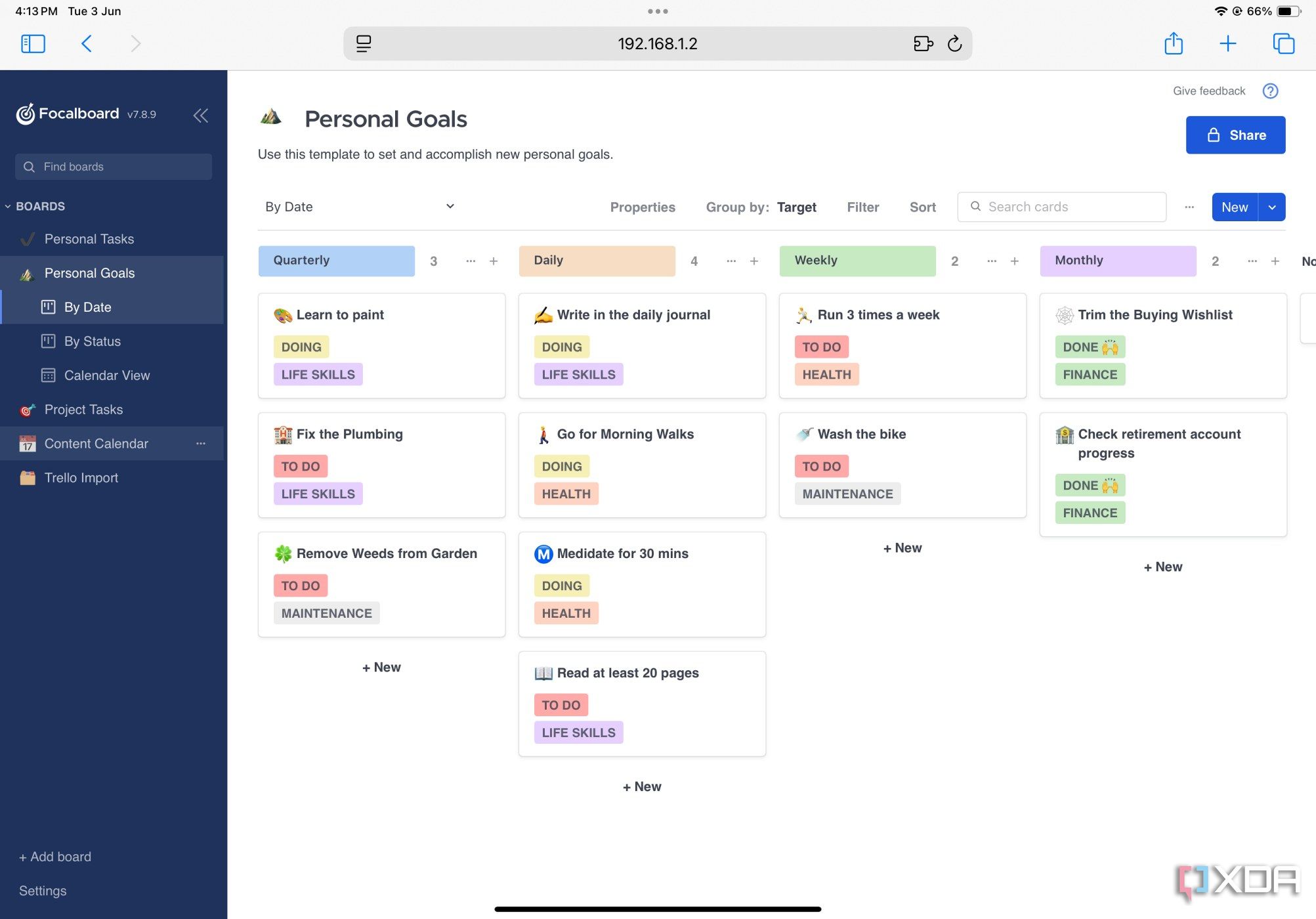
The primary reason for choosing the Focalboard personal server was to use it from a web browser rather than being app-dependent. Whether it's a computer or a tablet, Focalboard is easily accessible and works. Although the mobile view is still far from polished, it is still manageable.
Accessing Focalboard from a computer or tablet made it easy for everyone in my family to use. Most importantly, all the changes anyone makes reflect almost instantly, delivering a consistent experience, especially when collaborating on everyday tasks.
Setting up Kanban boards to manage projects
Get started with projects quickly
By default, Focalboard includes a collection of boards that I could easily replicate to create weekly to-do lists and plan my projects. That saved me a great deal of time and effort, rather than building a board from scratch. The default collection of templates spans boards used by a team, such as a sales pipeline, sprint planner, or team perspective.
However, I ended up cloning the personal goals, projects, and content calendar to create separate boards from scratch. I found it interesting that I could add various properties, such as name, date, email, URL, checkbox, and others, to a task card. For convenience, I can switch between different views of a board depending on the tasks and how you want to view the data.
Group, filter, or sort all the tasks for a better picture
Organizing the chaos
Running two separate Focalboard instances didn't absolve me from the self-induced chaos. Luckily, there are ample options for me to organize and filter the cards to view as I want to. I use the Properties option to add more details to the cards, such as their creation date, the creator, and comments, so that I don't miss any. Additionally, Focalboard provides grouping, filtering, and sorting options to view tasks by specific properties or values.
Grouping them makes it easy for me to view their status or priority, allowing me to deal with the tasks that require immediate attention. Often, I notice my family uses filters to focus on specific tasks that involve only them. Sorting tasks by status every week gives me a clear view of my progress.
Convenience of using it locally
No active internet necessary
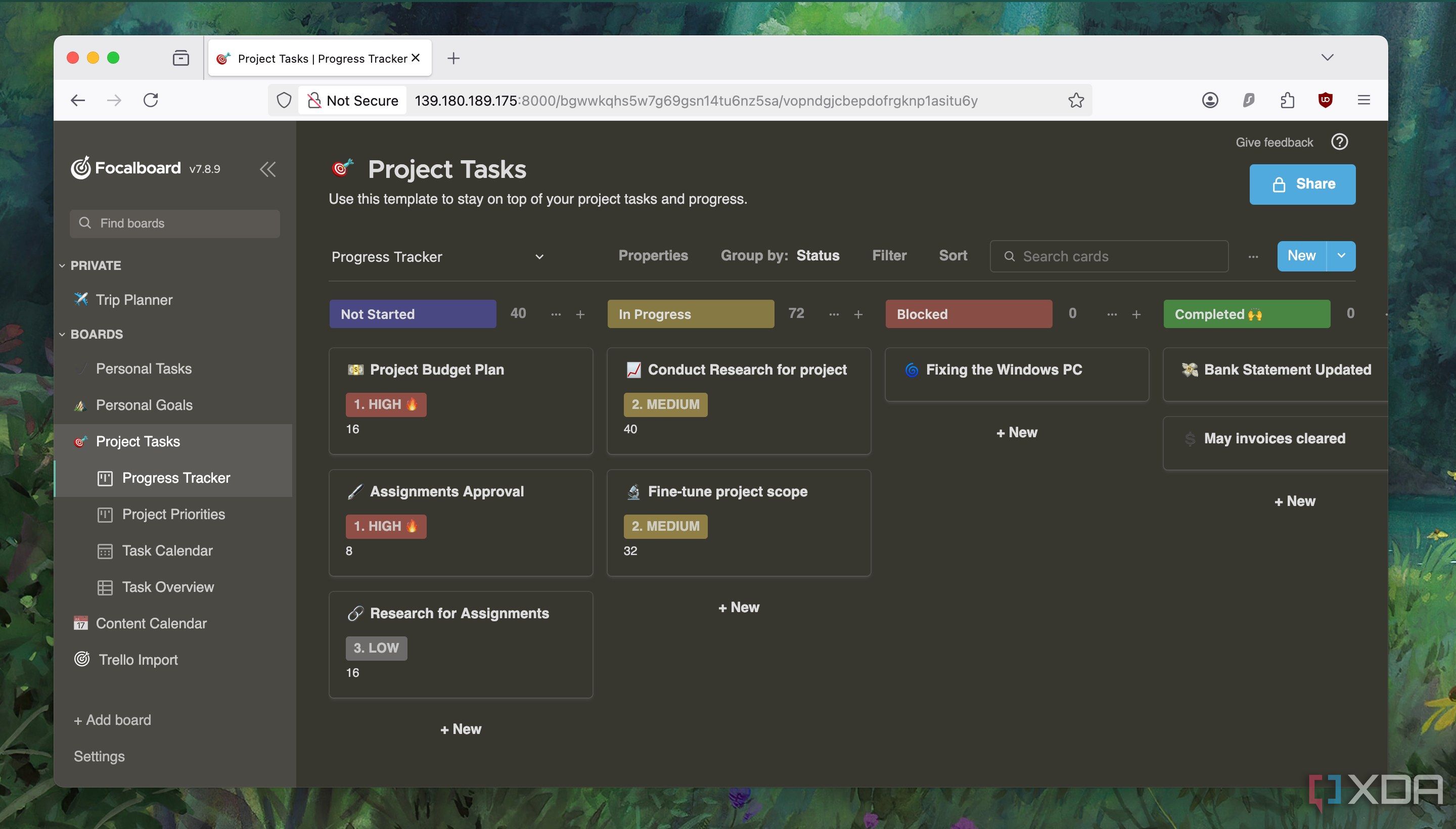
Since I self-host Focalboard, I get to use it locally, even when there's no active internet connection. Of course, I know that Notion works offline, but accessing data from other devices involves syncing, which can slow things down at times. However, I couldn't say the same about Trello, and hence, I wanted local availability that didn't depend on internet connectivity and gave me complete ownership of my data.
I've anchored the Focalboard instance to the dashboard on the iPad that I share with my family, allowing them to view and use it. Since Focalboard stores all the data in my home lab's storage, I have experienced no unusual errors or slowdowns when accessing it.
Inviting several users to collaborate on the boards
There's no cap on that
The user limits in Trello and the Block limits in Notion drove me to the wall. With Focalboard, I quickly capitalized on that 'no cap' freedom, for I sent out invites like candy. Since there's no typical limit on the number of users or guests I can invite, it already relieves me of Notion and Trello's limitations of users and blocks per project. Hosting it locally means only people on my home network can access it, and I am okay with it.
However, I am considering installing a Focalboard instance on my spare Ubuntu VPS and using it with my friends as well as cousins who live in different countries. The only part that pokes me is the fact that I can't remove users entirely from a database.
Minimal frills with complete focus
Focalboard's interface keeps things simple yet lets you enjoy the Kanban-style workspace. After using it, I'm convinced that I don't need a complex project management tool for personal use. Although Focalboard may appear outdated, it includes all the options to add icons, creator properties, and other organizing features. My family doesn't miss an opportunity to check up on our tasks and enjoys leaving comments. Personally, I've become a bit more accountable to my work goals, besides keeping track of tasks that help improve my physical and mental health.
However, I realized that Focalboard isn't a suitable replacement for Notion for adding content beyond my tasks and projects. For that, I've shortlisted Docmost as Notion's replacement for knowledge management, as I can quickly deploy and run it in a Docker container.
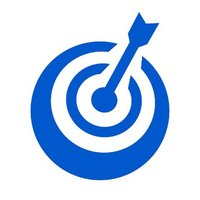
.png)
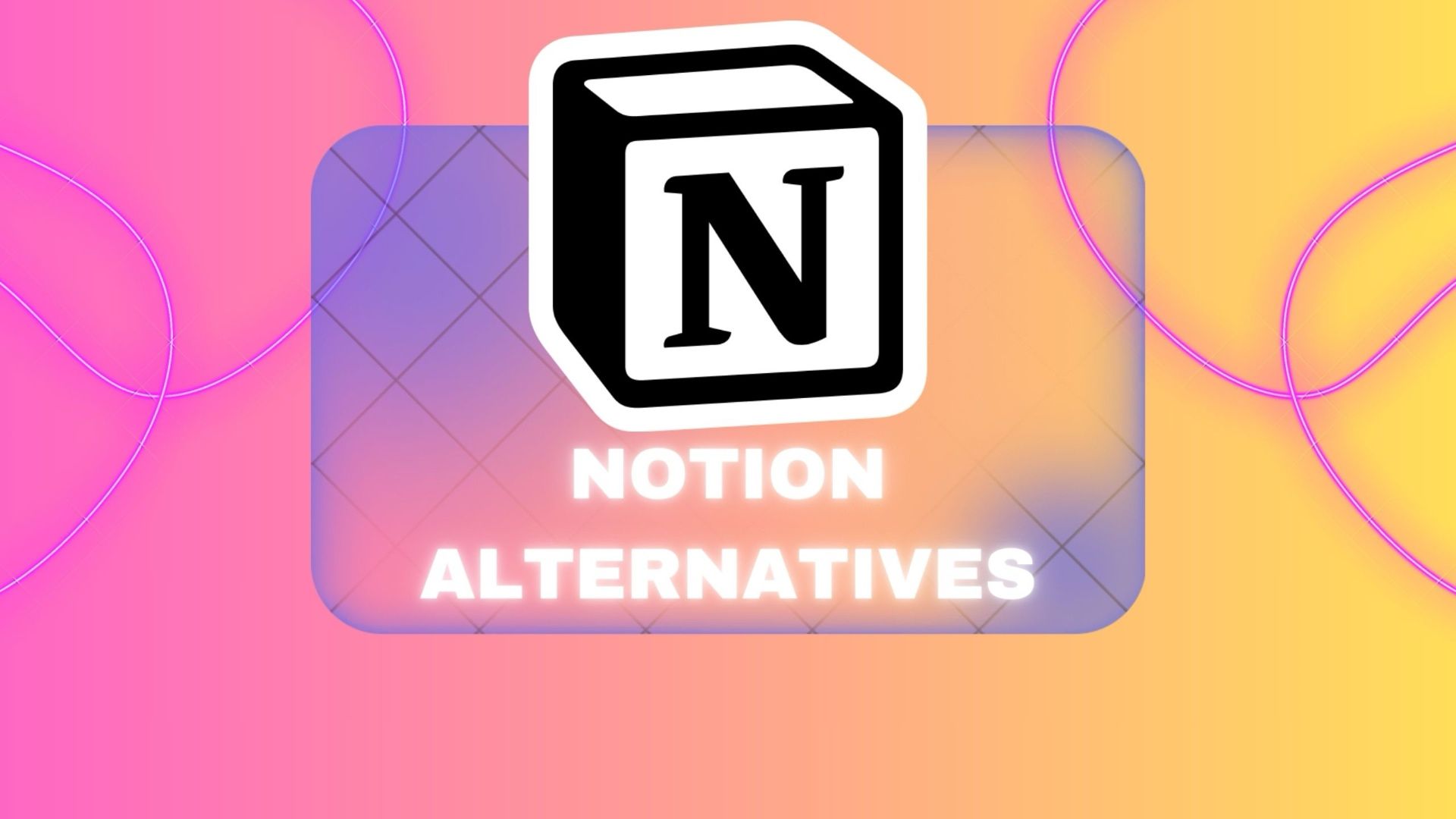
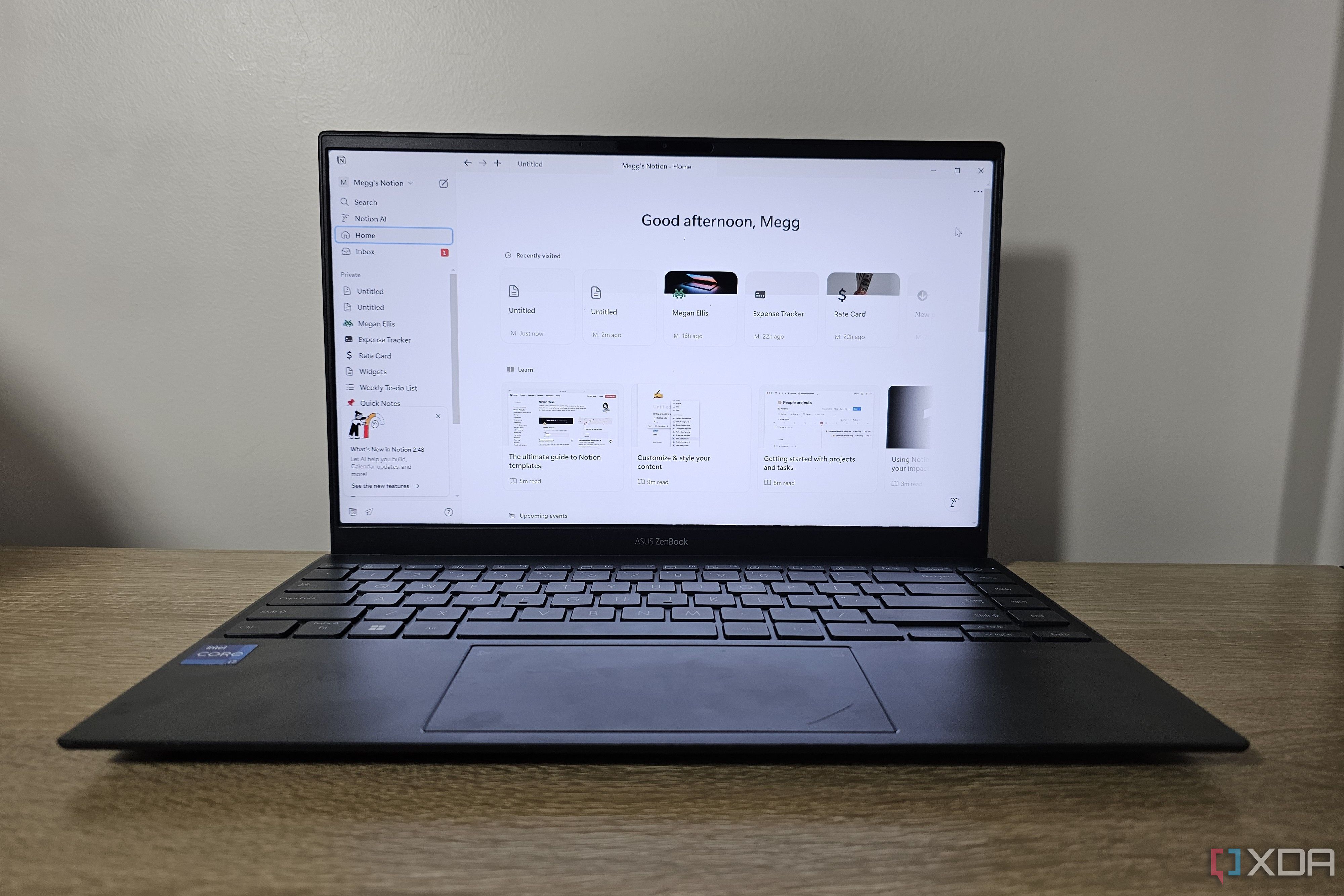
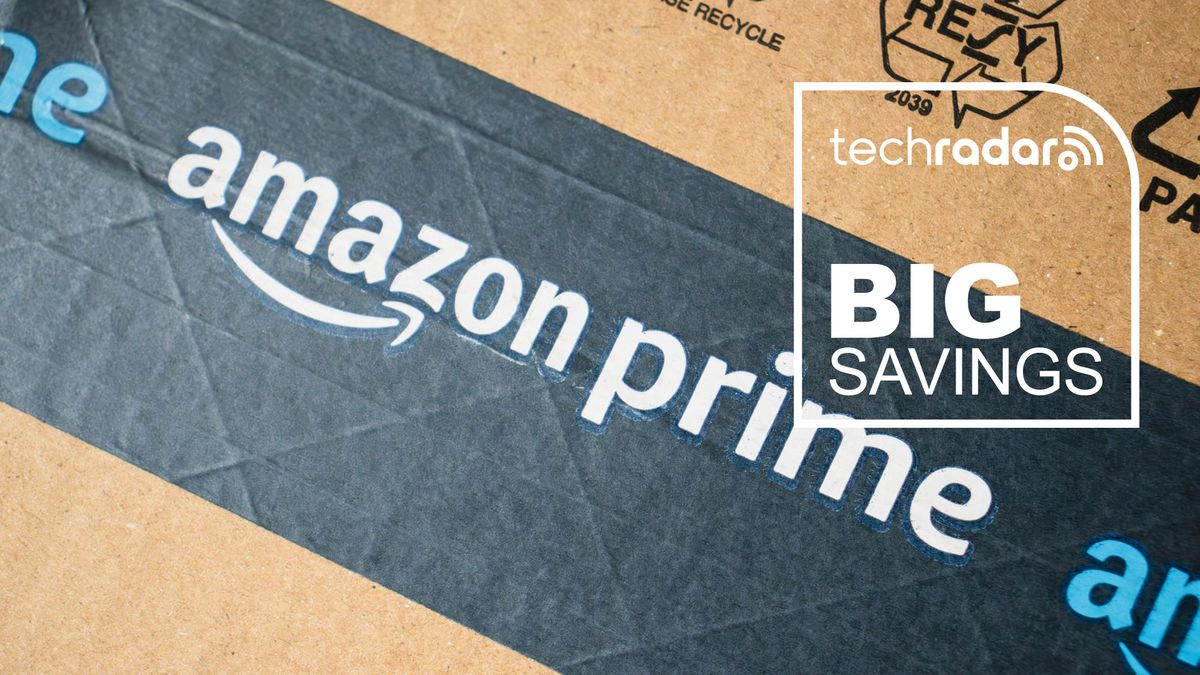










 English (US) ·
English (US) ·